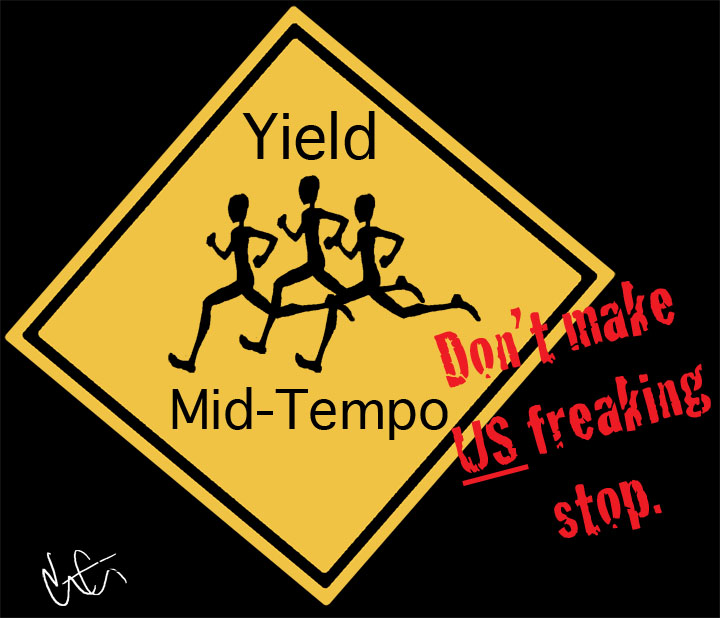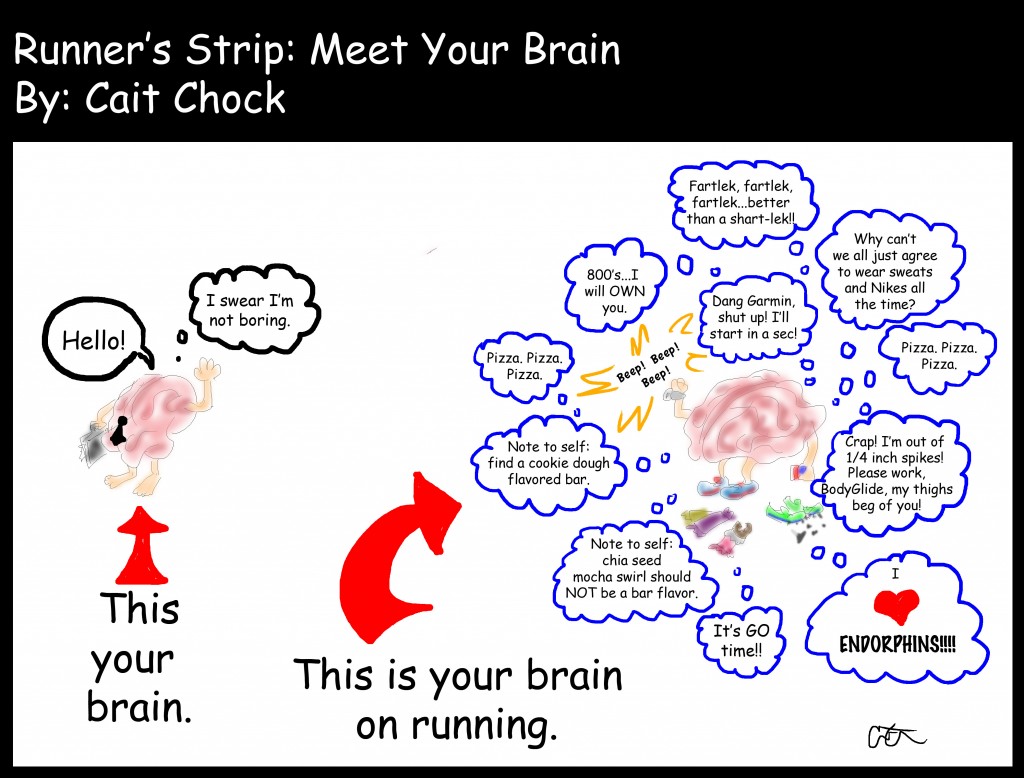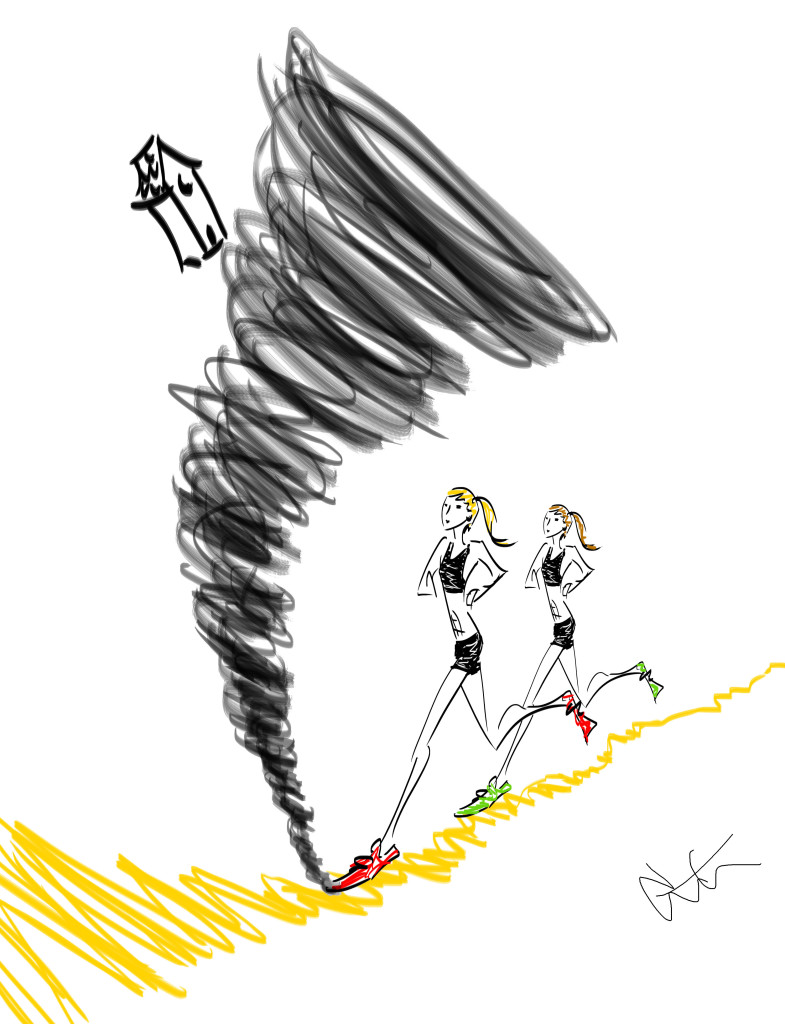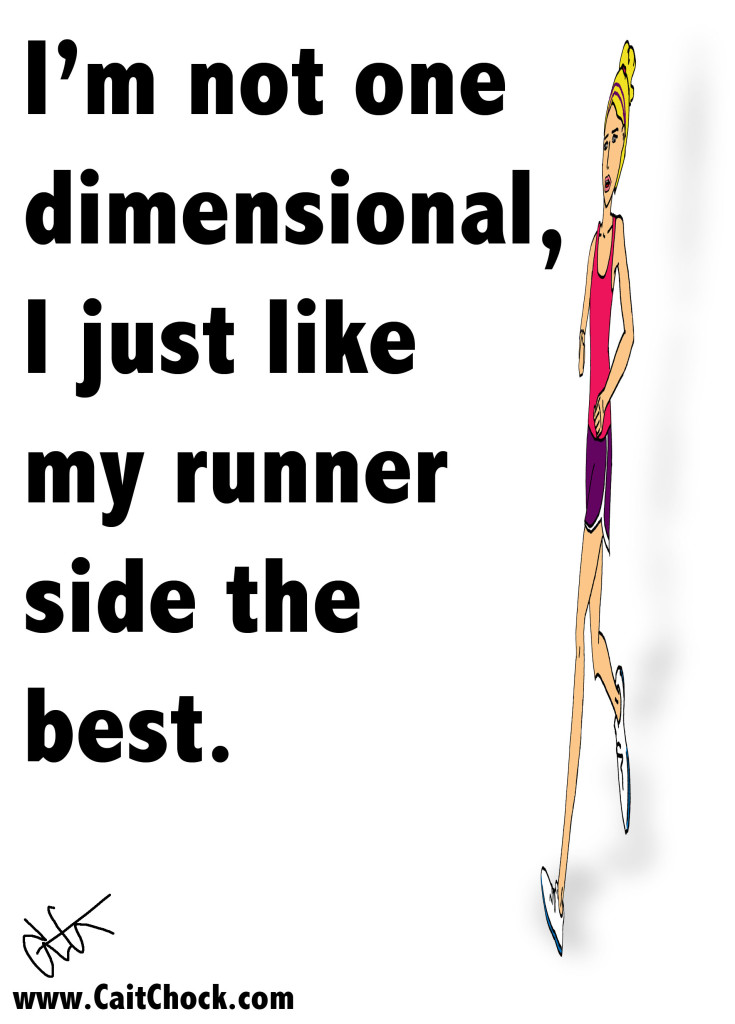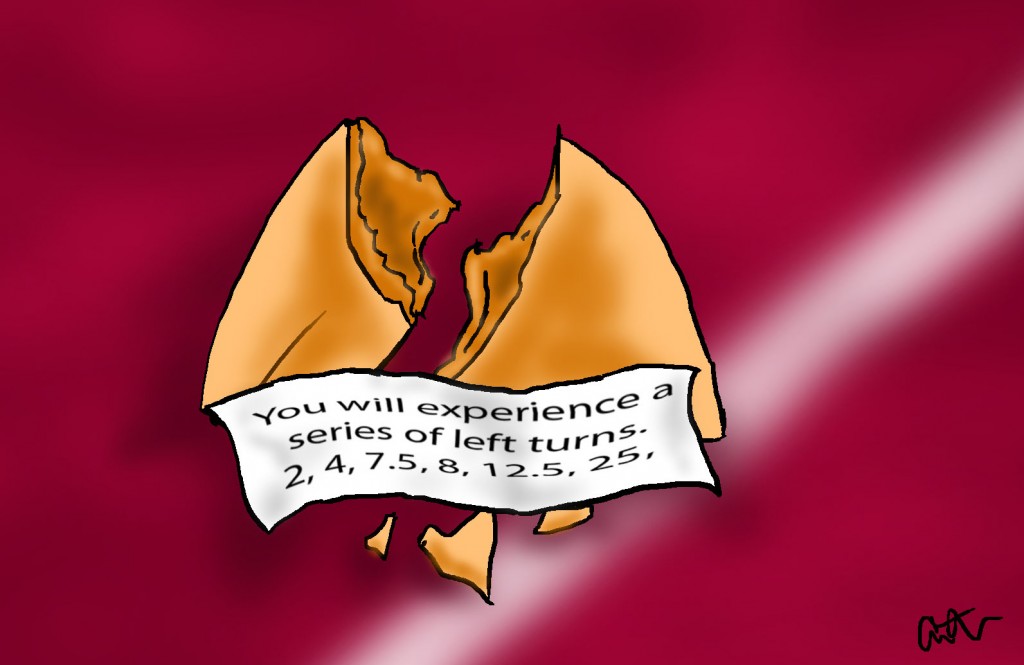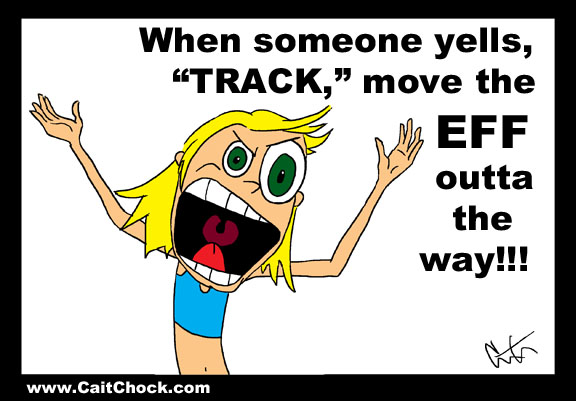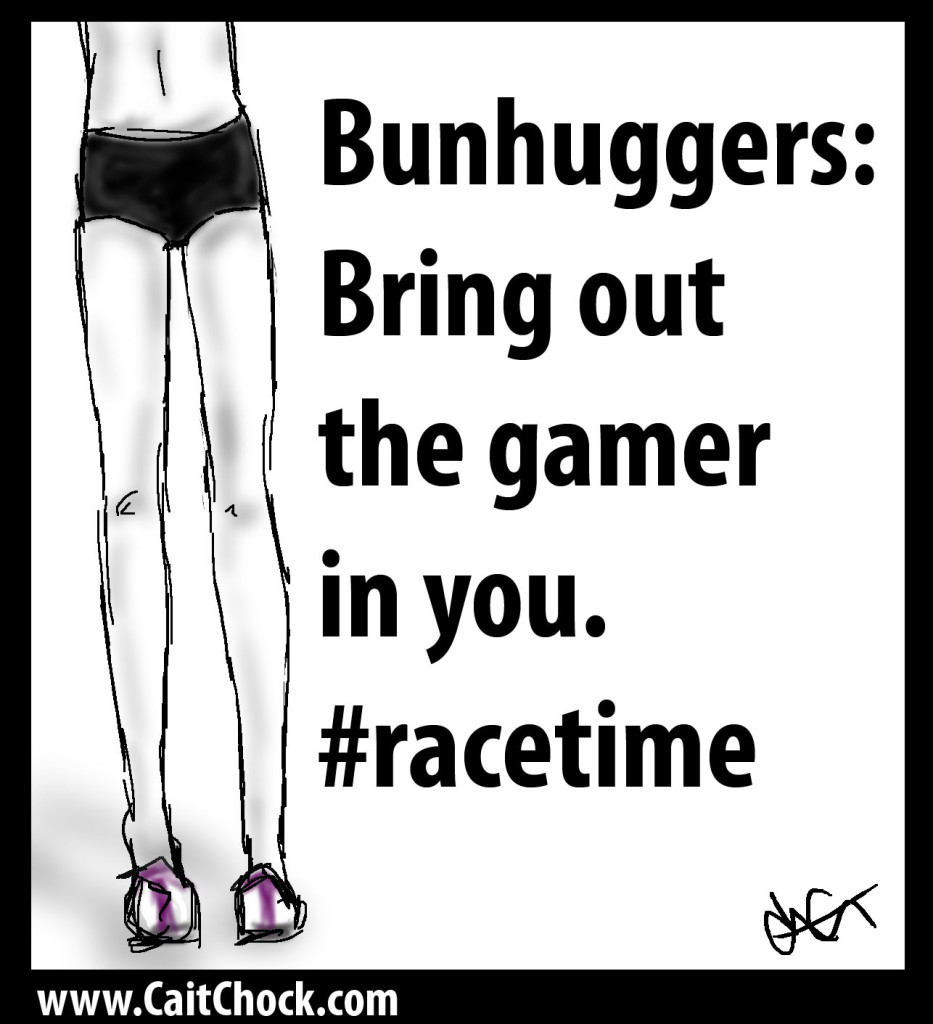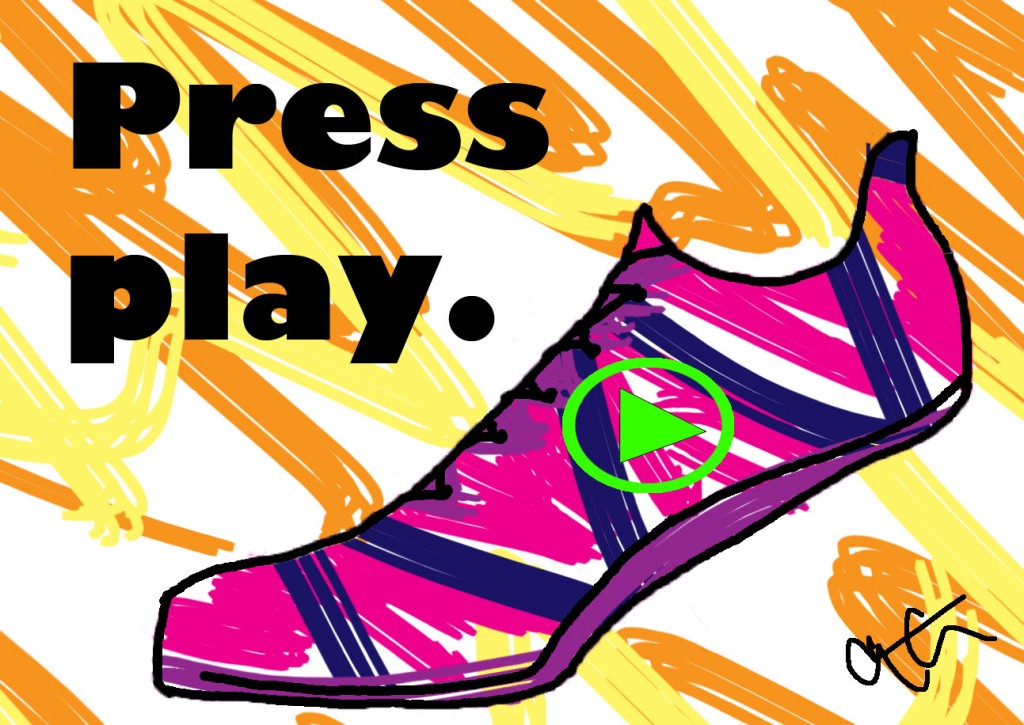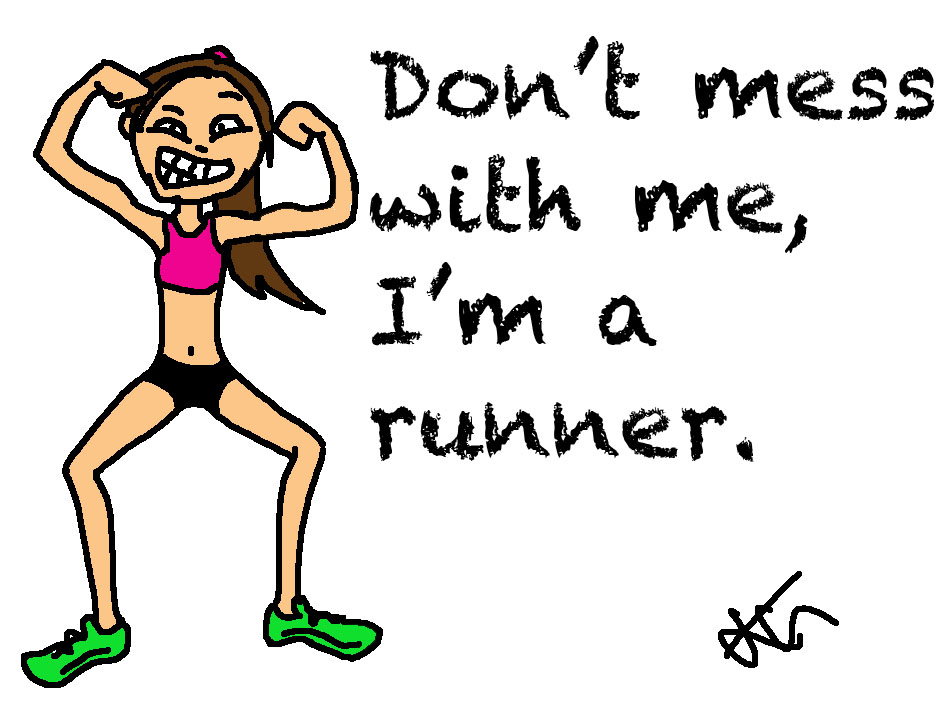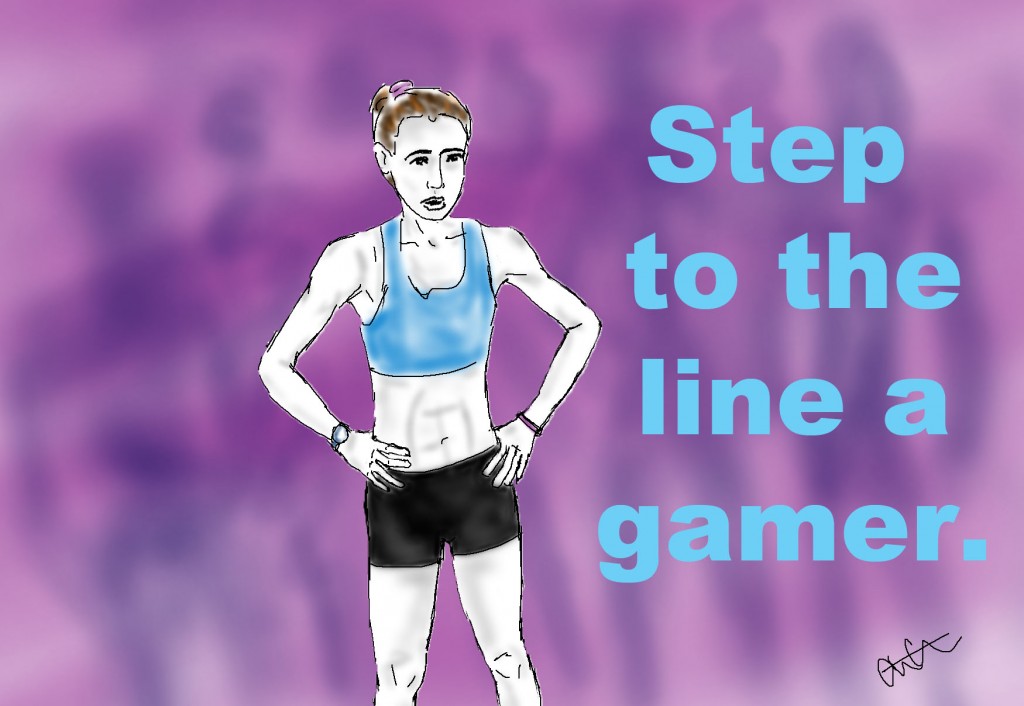Being still makes me nervous. Being at ease makes me feel uncomfortable…it’s like it’s just too easy. Quantifiably, perfectly insane runner logic I’m sure. But it’s true both physically and mentally.

My mind races way faster than my legs do these days. One of the reasons I love running, find comfort in it, is that for a moment (well, however long my run is, so longer than a moment) my brain IS at ease. The maniacal whirring is channelled down to a single task. Honed down to the run.
Running gives me an odd sense of time; hours could pass by in the blitz of an eye. Conversely, single minutes can feel like eternity (hello interval repeats!). But through all of it, my flipping brain gives me a break and shuts the heck up!
Silenced. Put at a COMFORTABLE ease. Left. Right. Left.
———
Your brain can be your greatest asset as a runner or your greatest weakness. HERE, HERE, HERE, and HERE are all posts related to the mental side of running and coming out the winner in the pain, brain drain game.
———
1) Zoning out during a race or hard workout is an effective way to numb out the pain and keep pushing. What is one way you ‘zone out’?
Pick a spot on the person ahead of me and think of nothing else.
2) Easy runs are apt to leave your mind wandering and coming up with some crazy thoughts. Care to share some of the stranger thoughts you’ve had?
3) A minute has never felt longer than ————, a minute has never felt shorter than ————.
…during the second to last interval…during any kind of recovery between reps


